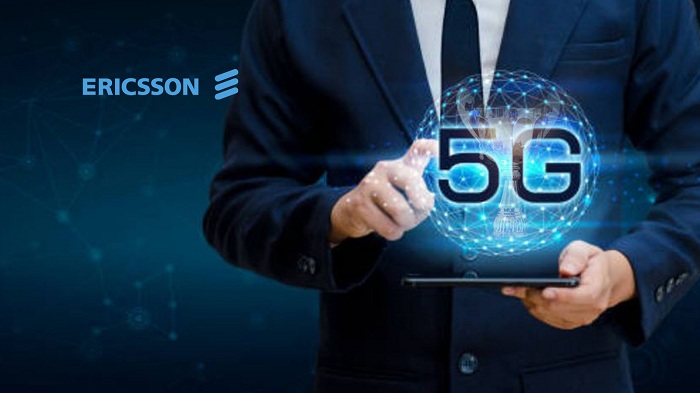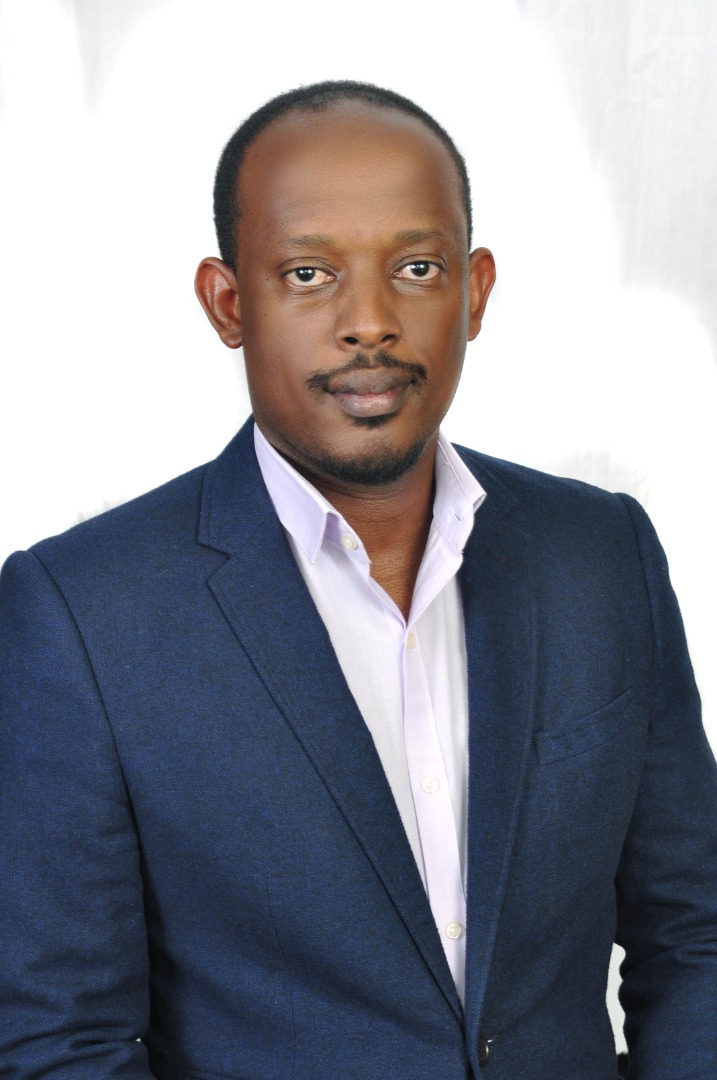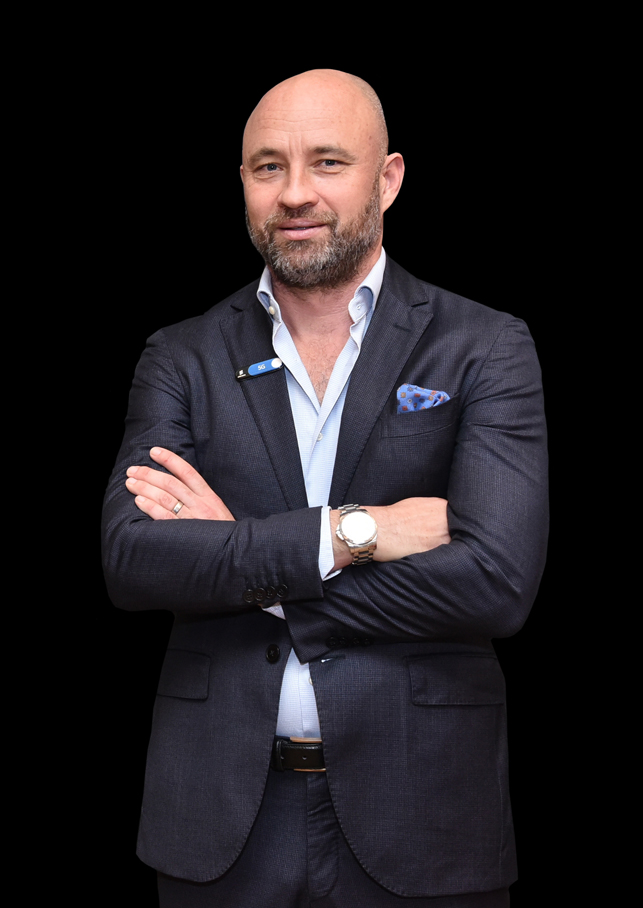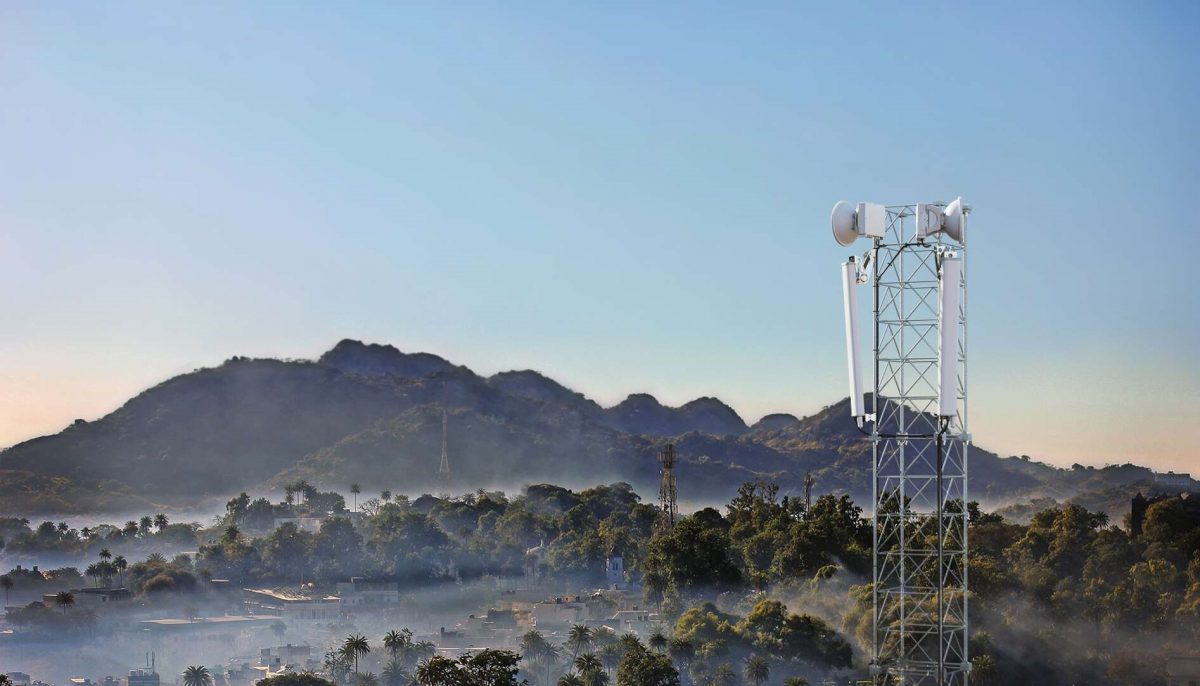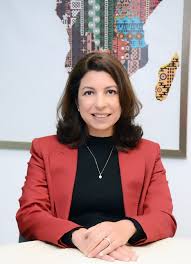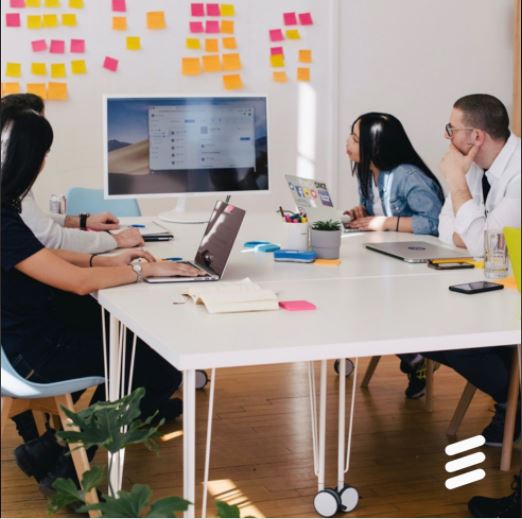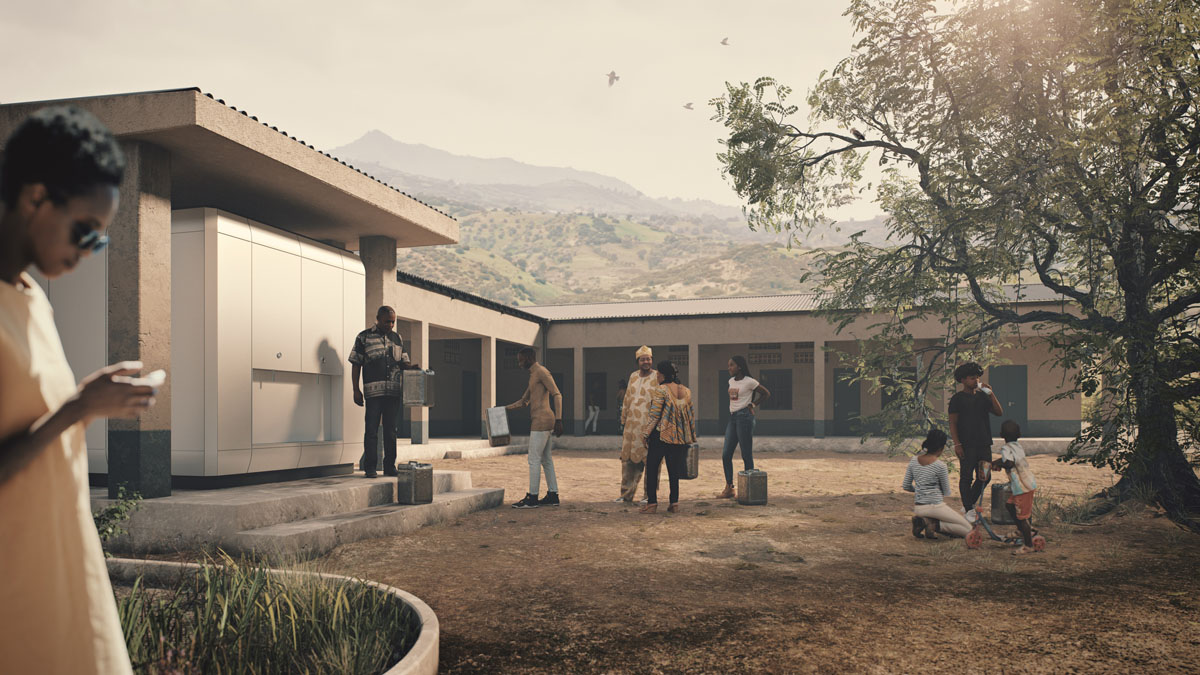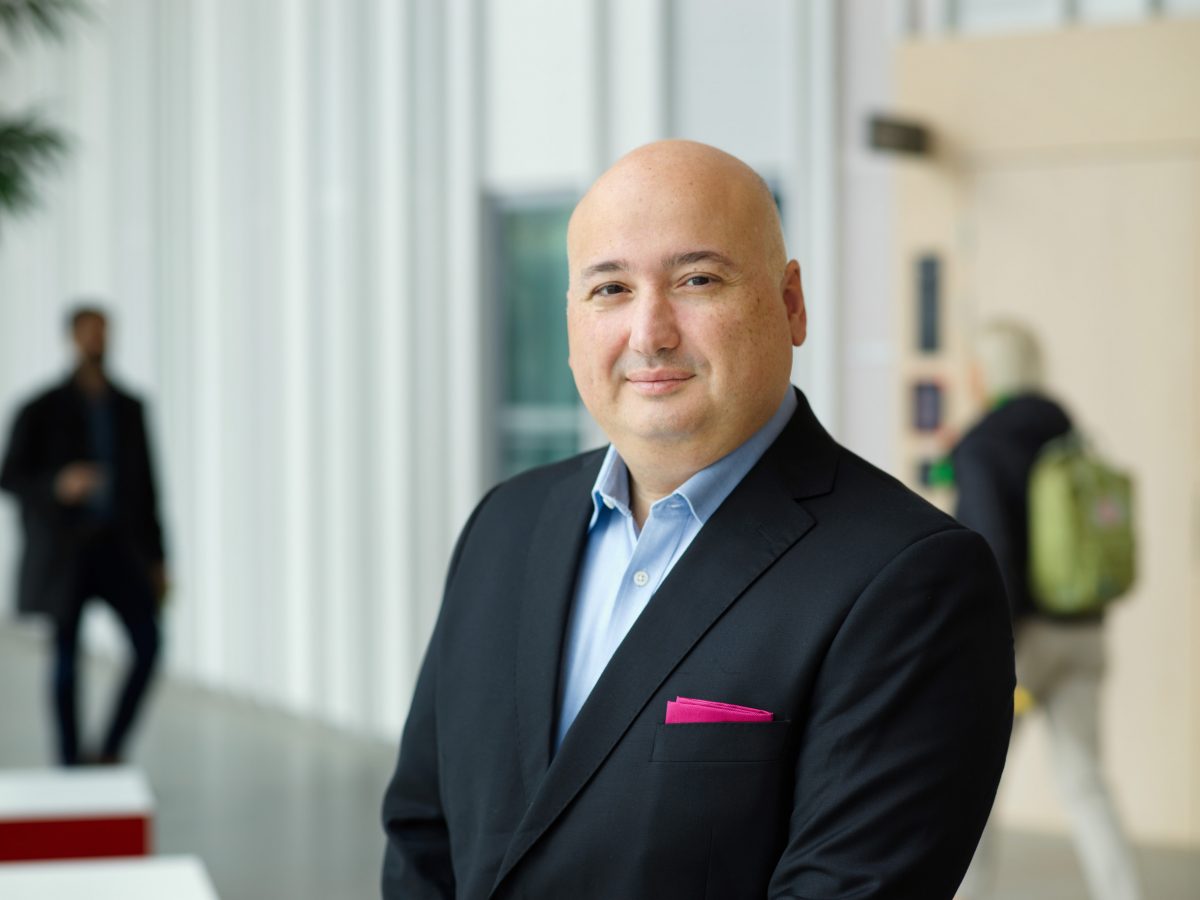Digital transformation driven innovative solutions and 5G internet to propel Africa towards the digital future were some of the highlights at the 2020 Virtual Africa Tech Festival (AfricaCom) from November 9 to 12, 2020.
The unprecedented event of 2020 has brought into focus the critical role that digital infrastructure plays in the functioning of almost every aspect of contemporary society.
At the event, global tech giant, Ericsson (NASDAQ: ERIC) took center stage to share its role of connectivity in powering Africa’s digital future and in achieving a positive impact on people’s lives.
KT Press’s Daniel Sabiiti spoke to Ericsson Rwanda Spokesperson and Country Manager Jacques Kabandana (JK) to find out what the company has in package for Africa.
KT Press – What is the Ericsson plan, prospectus and progress on the 5G network in Africa? Where are we and what is being done to roll out this network?
JK- 5G holds immense potential of opportunities in Africa, driving the industry’s digitization and the pursue for innovation. 5G commercialization is planned between 2020 and 2022, with a focus on use cases and applications relevant in the African context. These include: Enhanced Mobile Broadband, Fixed Wireless Access, and the Internet of Things (IoT) applications.
As 5G offers greater throughput and lower latency, it will bring more use cases to Internet of Things, enabling massive connectivity and allowing new applications for consumers and enterprises such as smart vehicles and transport, architecture, remote healthcare and new levels of automation and human-IoT interaction.
Ericsson has been working in close partnership with African service providers on 5G from tests in the lab, field trials, and now initial customer deployment. Throughout this process, our customers and their service requirements are our top priority. Our aim is to build a network to cater for current and future required services.
In addition to facilitating the delivery of next-generation mobile broadband, cloud and providing support for massive IoT deployment, this collaboration will also enable new industry use cases thanks to increased throughput and reduced latency.
KT Press- How much is Ericsson investing in this network and which African regions or countries will be among the first beneficiaries?
JK- Ericsson is working with key service providers across the continent, helping them create new services, new customer bases and new digital ecosystems.
At the forefront of the digital transformation, MTN selected Ericsson a primary 5G vendor for the deployment of a live 5G network in Africa. As a partner, Ericsson is deploying next-generation technology with built-in customizations and innovations to deliver rich consumer experience while building a robust, future-proof network. The 5G-ready solutions in the Ericsson Radio System portfolio will help boost the capacity of MTN’s LTE network and broaden the availability of high-quality mobile broadband services for its subscribers.
In a related development, Telma Madagascar switched on their 5G commercial network to offer subscribers high-speed services enabled by the new generation of mobile connectivity. Powered by Ericsson, the 5G network is now live at 16 sites, and will further expand to five more sites during the course of 2020.
Ericsson is proud to contribute to Africa’s journey to building communication capabilities of the future and complement its efforts towards a vibrant digital economy. Our solutions help African service providers to automate, manage, and orchestrate hybrid networks in real time, while they engage digitally with customers and monetize improved customer experiences.
KT Press- 5G internet is an exciting progress in technological advancement but the biggest question is affordability. How do you plan on addressing this concern of which while internet is driving lives of many Africans, its access is still begging?
JK- In Sub-Saharan Africa, LTE accounted for around 11% of subscriptions in 2019. Broadband subscriptions are predicted to increase, reaching 72% of mobile subscriptions by 2025, according to the June 2020 edition of the Ericsson Mobility Report. LTE share will reach around 30% by the end of the forecast period, and LTE subscriptions are set to triple, increasing from 90 million in 2019 to 270 million in 2025.
Driving factors behind the growth of mobile broadband subscriptions include a young and growing population with increasing digital skills, and more affordable smartphones. Over the forecast period, discernible volumes of 5G subscriptions are expected from 2022, reaching 3% by 2025.
In Africa, the evolution of 4G into 5G could be a powerful economic growth engine, particularly as this advanced mobile technology is deployed looking into improving productivity in key vertical industrial sectors.
The aim is for 5G networks to be highly efficient, faster, support more users, more devices, more services, and new use cases without a corresponding impact on cost or carbon footprint. 5G will revolutionize five key industries including: TV and media; manufacturing; healthcare; telecommunications and transportation and infrastructure.
KT Press- What is Ericsson’s plan in Accelerating Africa’s digital agenda, and what will this entail?
JK– Africa represents a world of opportunity for us at Ericsson and we are eager to grow our business and presence in the continent. We see a real potential in African markets when it comes to 4G and fintech adoption. To address that, we focus on supporting our customers in the African markets with relevant and cost-effective 4G solutions and services, all while adapting to Africa’s requirements.
The continent has emerged as one of the strongest adopters of innovation, with the rapid rise in usage of technology and smartphones. Just look at how mobile money was initiated in Africa and is now surging all over the continent.
Moreover, Africa has come a long way in its digitisation journey – from mobile telephony to broadband, and from connecting to digitising key economic sectors, jobs, education, healthcare, government and society in general.
We all agree that Africa is witnessing a major technology shift and the pace of change in Africa is becoming exponential. At Ericsson, we have launched #AfricaInMotion to accelerate technology roll-out in Africa together with our partners and reiterate our commitment to the continent.
KT Press- COVID-19 pandemic has forever changed the world and how we do business. Has Ericsson picked any lessons from the COVID-19 crisis which could change the way the company does its business in this new normal, and possibly inform its investments in the Africa digital agenda?
JK- The pandemic has driven adoption and increased usage of many ICT services that have enabled consumers to build a new normal underpinned by connectivity. The massive disruption caused by COVID-19 has demonstrated the criticality of the network in today’s society and we are currently working closely with our customers to keep their networks running.
With our commitment to innovation and long history of engaging in Africa’s telecom industry, we at Ericsson are driven to deliver the next-generation technology solutions to Africa. These can enable sweeping changes to industrial production, allow seamless access to societal services and provide people with ways of living harmoniously with their environment.
A young and growing African population with savvy digital skills and behaviour could offset some adverse trends such as the current slowdown in global trade caused by the COVID-19 restrictions and indicate favourable growth for telecom and ICT services.
The current COVID-19 restrictions have demonstrated the benefits of a digitized economy, facilitating working from home as an example. This could prove to be an opportunity for Africa to accelerate its journey towards raising the role digital and telecom services play in a socio-economical context.
KT Press- How Ericsson is involved driving the virtual leadership in Africa which is one of the ways to build Africa’s most powerful business networks.
JK– We believe that ICT is the catalyst for digital transformation, with mobile networks being the crucial ingredient in increasing Africa’s economic competitiveness in the global arena. While we have witnessed impressive market developments in recent years, Africa’s ICT sector still has growth potential compared to leading economies.
A conducive, enabling policy environment that generates regulatory certainty is key to encouraging market development through partnerships, entrepreneurship, job creation and knowledge sharing. We at Ericsson are constantly looking for opportunities to collaborate and engage with partners across the board to facilitate such policy development to fast tracking digitization across the African continent and our recent collaboration with the African Telecommunications Union is one example.
Another initiative we have launched is our “Ericsson Graduates Program “, a program that will offer fresh graduates a chance to join experienced Ericsson staff for on-the-job, online and classroom learning followed by recruitment to join the Ericsson world. The program also engages with young talents from Africa – the changemakers-to explore and identify innovative ideas that reflect and capture the needs of the continent with an ambition to accelerate the African markets’ digitalization journey.
KT Press- At AfricaCom 2020, Ericsson presented innovative solutions to improve the efficiency of its customers’ network operations. What are some of these solutions and how will they make a difference?
JK- Ericsson showcased digital transformation and innovation solutions to propel Africa towards the future with an interactive exhibition dedicated to 5G, AI, IoT, blockchain, fintech, cloud, data centers and security.
As part of our Africa in Motion campaign, Ericsson’s focus at the event is on building the networks of Africa and accelerating its digital agenda using AI and automation as value creators. Experts highlighted CSR initiatives including Tech for Good and UNICEF GIGA Program as well as a wide range of connectivity solutions in addition to participating in empowering discussions and forming strategic partnerships geared towards unlocking new opportunities in the continent.
Ericsson also presented innovative solutions to improve the efficiency of its customers’ network operations, allowing them to focus on new services and technologies, and ultimately improve the experience for the user – driven by Ericsson’s Africa in Motion campaign.
KT- Ericsson plans on Applying Artificial Intelligence (AI) Automation across the Entire Lifecycle of Network Operations. Is Africa ready for AI and how do you plan on making this workable especially with issues surrounding personal data security and access to reliable internet in Africa?
JK- Africa has great readiness to embrace AI today. There is a very high potential to advance AI in both development and application fronts in Africa, and Ericsson is executing plans to build on this already.
We have been hiring data engineers, data scientists and data analysts based in African countries. One of the few Ericsson AI talent hubs is based in Africa already. We have also been deploying different AI use cases in different networks in the continent, so applying AI across the entire network operations lifecycle is a reality in Africa today.
Yet, as you have correctly mentioned, making this workable requires special attention to data privacy and security regulations as well as the infrastructure status in each country. We have seen different maturity levels across countries, so we believe that one solution will not fit all.
For example, we have used data anonymization techniques to ensure that if user-identifying information is being processed or transferred, it is done in the strictest manner adhering to local laws. We have also opted to use local instances of our AI algorithms wherever data transfer is not possible due to regulation, cost or infrastructure reliability.
KT Press- Ericsson is excited to participate at this year’s AfricaCom to continue setting #AfricaInMotion. What does this mean for the company and its Africa operations?
JK- The unprecedented events of 2020 have brought into focus the critical role that digital infrastructure plays in the functioning of virtually every aspect of contemporary society. Africa is home to over a billion people and the population is expected to grow in the coming years. It is also a continent with the most growing economies. ICT is essential for Africa’s development and adequate ICT service deployment and digital connectivity will play a crucial role in the continent achieving economic sustainability.
We are working with customers across Africa to build best performing network intelligence and automation solutions for increased speed and efficiency. Connectivity is pivotal to how we operate as a company and AfricaCom gave us an opportunity to demonstrate our commitment to driving Africa’s digital future.
Follow the original story here:
https://www.ktpress.rw/2020/11/ericsson-accelerating-africas-digital-future/

